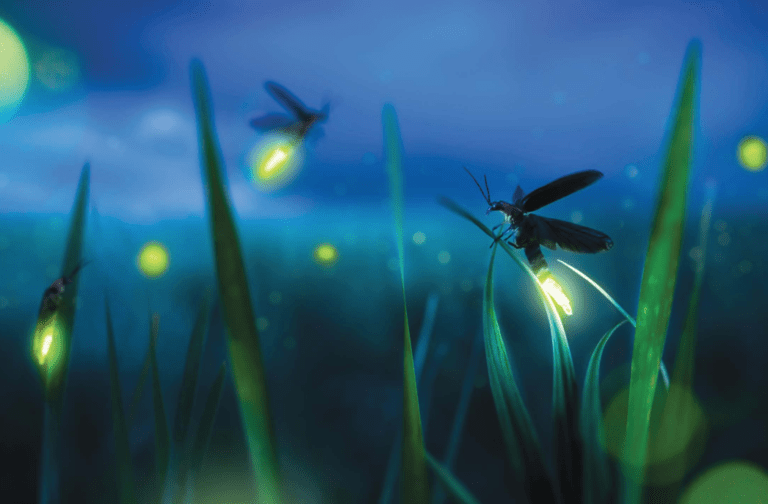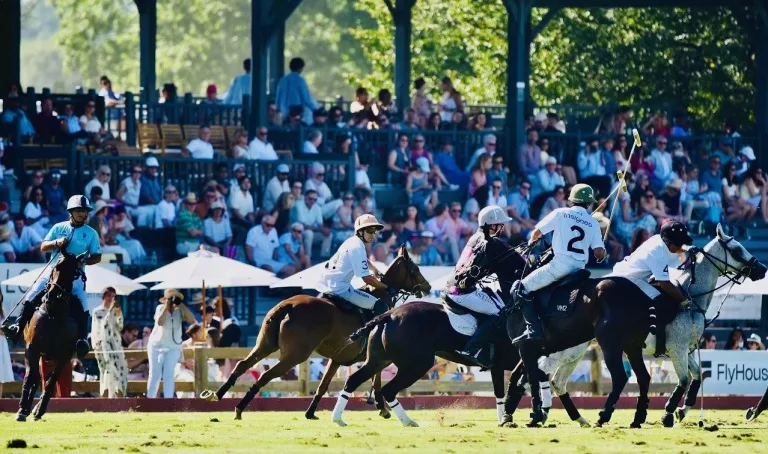By Anne W. Semmes
This is the ultimate escape – to think about the stars considering our present human condition. But there are persons among us who continue to be fixated on the stars and outer space. I know because I have grown up with an astronomer, my stepbrother, who now divides his time between New Zealand and Australia. We were within miles of a reunion in New England after 10 years apart, but time ran out – the window for his way home was about to close. He is now down under again.
Talking with him over the last week before his departure I heard a lot about stars. He was holed up with an old friend, a prominent Harvard astronomer in his farmhouse outside Boston, having arrived just as Harvard shut down. He’d been on his way to see me after seeing family in Tennessee.
My stepbrother and I in our youth had shared a pasture holding his small observatory and my big horse. When I mentioned to him having met the now late great cosmic visionary Freeman Dyson, he was singularly impressed. “Freeman Dyson?” Yes, and I have handwritten letters from him. They were written from The Institute of Advanced Study at Princeton University where, as professor of physics Dyson taught, wrote, and researched for some 60 years of his life.
“Dear Anne Semmes, I enjoyed talking with you yesterday and hope to stay in touch.” Its dated 1991, and he’s praising a 15-year old girl campaigning (aka Greta Thunberg) to save acres of open land in California’s Bay Area, “who keeps careful records of the rare species of birds who nest there.” Dyson was focused on nature as well as space. Much to the regret of his fans, he did maintain his skepticism of climate change. He was more fixated on how we could use outer space for our benefit: “Comets could serve as nurseries for genetically altered trees that could grow…and release oxygen from their roots to sustain human life.”
Another letter he wrote thanked me for a book of poems I sent him, “Weapons Against Chaos,” written by a scholarly friend Mary Ewald, late of Greenwich. “They are marvelous,” he wrote. “How splendid that in this blinkered monoglot culture there is still somebody who cares for Latin and Greek!”
Dyson’s desire to use space to sustain life is an idea shared most definitely by billionaire Elon Musk whose SpaceX rocket company’s aim is to colonize Mars with fears that “Earth could be doomed.” His having survived malaria in 2000 is said to have propelled his space as salvation ambition. He reportedly views the pandemic of COVID-19 as causing more panic than harm from the virus. Therein lies hope for us all.
Meanwhile, in our present predicament, perhaps, as my niece has suggested, this confinement is preparing us to endure space travel!
Dyson saw space as a transforming force in the destiny of our species. In a splendid essay, “The Green Universe: A Vision,” he predicted, “The 21st century is likely to see manned missions exploring planets and moons and asteroids, and possibly making spectacular discoveries.”
As Dyson surmised, “The more I examine the universe and the details of its architecture, the more evidence I find that the universe must in some sense have known we were coming.”





